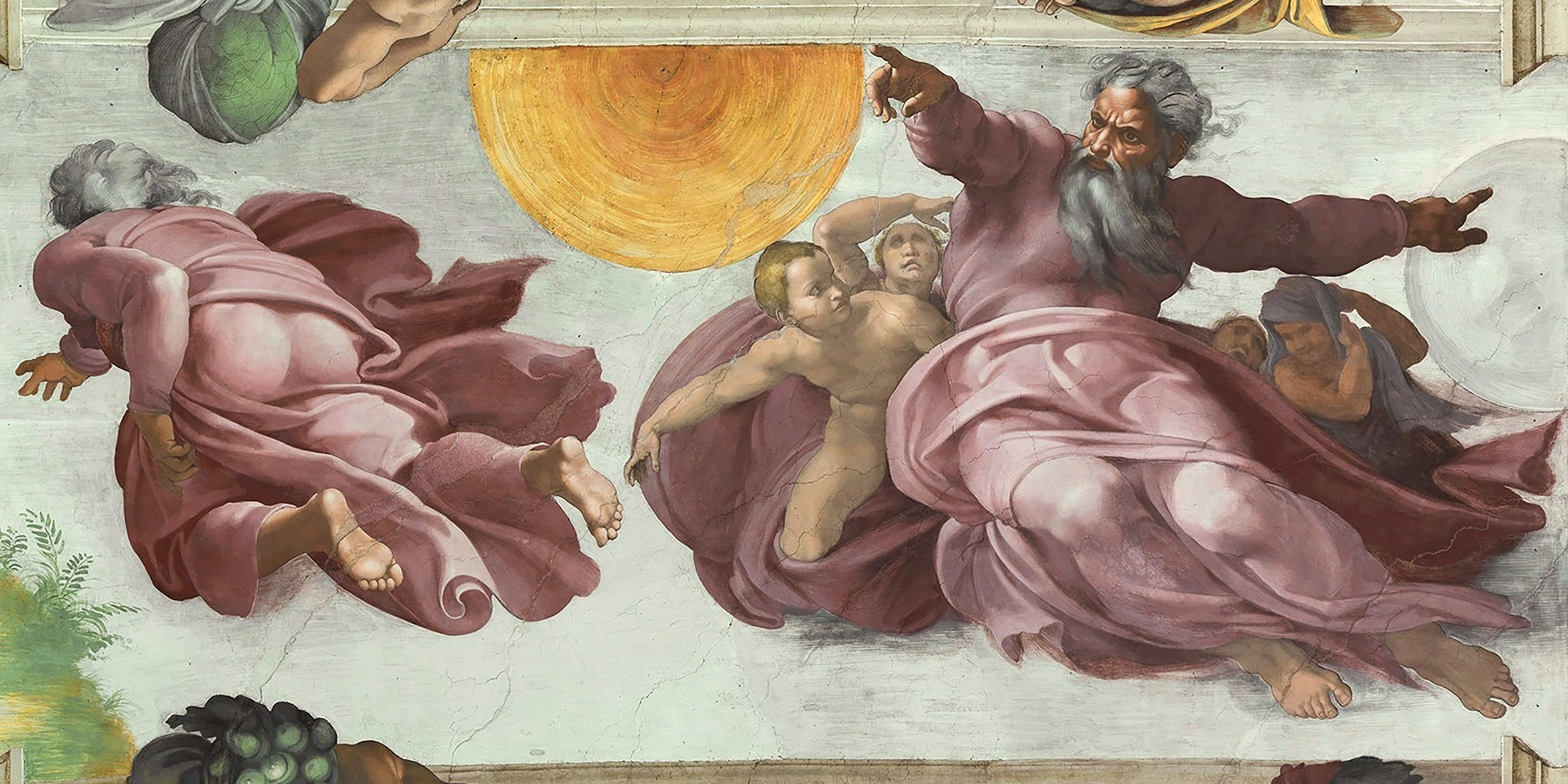Originally published 1 May 1995
One million bucks!
Perhaps not as prestigious as a Nobel prize, but certainly more money. Physicist Paul Davies is a lucky man.
Davies is professor of natural philosophy at the University of Adelaide in Australia. He previously held appointments at the universities of London, Cambridge, and Newcastle-upon-Tyne. He is best known as a prolific popularizer of contemporary science.
This week [in 1995] in London he will be awarded the million-dollar Templeton Prize for Progress in Religion.
This award was founded in 1972 by the financier Sir John Templeton, and is given annually to a living person who has shown “extraordinary originality” in advancing humankind’s understanding of God and spirituality. Previous recipients include Alexander Solzhenitsyn, Billy Graham, and Mother Teresa.
Whoa! Wait a minute. Davies is a very clever mathematical physicist who has made substantial contributions to sub-atomic physics and Big Bang cosmology. But with Billy Graham and Mother Teresa? You gotta be kidding.
Among Davies’ 20 or so books there are two with “God” in the title: God and the New Physics and The Mind of God. In the first of these, Davies calls religion “one of the most divisive forces in history.” The bulk of the book is devoted to showing why many theological tenets of major faiths are incompatible with what science has learned about the world.
For this, he gets one million big ones? What’s going on?
There are a number of things that make Paul Davies a fine candidate for the award. For one thing, he may be the most widely read scientist who believes that religious issues are worth writing about.
A few weeks ago, this column addressed efforts by Christian fundamentalists to introduce so-called “creation science” into the schools. I tried to show why creation science does not remotely qualify as science.
As might be expected, I heard from many creationists who took me roundly to task. They drew my attention to real or imagined gaps in our scientific knowledge of the world, as if the fact that we don’t know everything proves that we know nothing.
Of course there are gaps in our knowledge. Any halfway-knowledgeable evolutionary biologist can list more gaps than my anti-evolutionist correspondents. In some cases, the gaps are yawning (the origin of life, morphogenesis, mind). If there weren’t gaps, scientists would have nothing to do.
The creationists seek a God of miracles in the gaps of science. It’s an old business, and a risky one. Gaps have a way of getting filled. The theologians who chastened Galileo for his inadequate proofs of a moving Earth eventually had to backpedal. Mainstream Christian churches that once pointed to “missing links” in Darwin’s theory now accept evolution as God’s plan of creation.
It is here that Paul Davies makes his main contribution to religious discourse. He is a forceful advocate of the Augustinian notion that God is to be found in the known creation rather than the gaps.
He writes: “To invoke God as a blanket explanation of the unexplained is to make God the friend of ignorance. If God is to be found, it must surely be through what we discover about the world, not what we fail to discover.”
Why do so many people prefer a God of the gaps? Possibly because the world described by science soars far beyond the human scale of space and time. To embrace this universe is to come face to face with a creative force vastly more grand and mysterious than the comforting, gray-bearded version of ourselves who looks down from the ceiling of the Sistine Chapel.
We have two choices, Davies implies: To seek evidence of God’s power in the things that science has not yet explained; or to embrace the creative force which orders and sustains the universe described by science, a force of such immensity and beauty as to compel our most profound admiration and praise.
Davies is careful not to suggest what form that admiration and praise should take. He does say, however: “The very fact that the universe is creative, and that the laws have permitted complex structures to emerge and develop to the point of consciousness — in other words, that the universe has organized its own self-awareness — is for me powerful evidence that there is ‘something going on’ behind it all. The impression of design is overwhelming.”
The Templeton award committee gave physicist Paul Davies the big bucks for “his contention that humankind’s ability to understand math and science — which in turn allows for comprehension and calculation of the physical universe — evidences purpose and design to human existence.”
It’s a lesson that can be reasonably accepted by devout believers or skeptics like me. “We see the evidence for God everywhere,” writes Davies, “or nowhere.”



